In line with our Mission Statement, we believe that all children have a right to a broad, balanced and relevant curriculum, which provides continuity and progression and takes individual needs into account. Work in school is planned to meet the requirements of the EYFS Framework and the National Curriculum.
Through its curriculum, the school aims to:
- Provide opportunities for our children to experience awe and wonder in God’s world
- Cater for the needs of all children through carefully matching activities to the abilities of each child
- Develop pupils’ skills so that they are well equipped to become citizens of the 21st Century
- Create and maintain an exciting and stimulating learning environment underpinned by a broad and balanced creative curriculum
- Recognise the crucial role which parents and carers play in their children’s education and make every effort to encourage parental involvement in the educational process
We aim that all children should:
- Learn to be adaptable; how to solve problems in a variety of situations; how to work independently and how to work as members of a team
- Be enthusiastic and eager; to put their best effort into all activities
In Nursery and Reception, pupils follow the Early Years Foundation Stage (EYFS) Framework, whilst the National Curriculum applies to all pupils of compulsory school age in maintained schools.
At St. Ethelbert’s, our curriculum is organised as follows:
Prime Areas
Personal, Social and Emotional Development
Making relationships
Self-confidence and self-awareness
Managing feelings and behaviour
Physical Development
Moving and handling
Health and self-care
Communication and Language
Listening and attention
Understanding
Speaking
Specific Areas
Literacy
Reading
Writing
Mathematics
Numbers
Shape, space and measure
Understanding the World
People and Communities
The world
Technology
Expressive Arts and Design
Exploring and using media and materials
Being imaginative
Religious Education
Pupils learn about the Roman Catholic faith and the Church’s teachings; they learn about the beliefs and traditions of other major world religions.
The school follows the ‘Come and See‘ scheme for Religious Education.
Pupils are also taught about the Social Teaching of the Catholic Church through the ‘Caritas in Action’ scheme.
English:
Speaking and Listening
Reading
Phonics
Writing
Pupils learn how to listen and read for a variety of purposes and be able to convey meaning accurately and appropriately through speech and writing.
Pupils have a daily English lesson in which they develop and then apply their skills. In addition, pupils read with their teacher in guided sessions.
A variety of fully decodable reading books are used to teach reading, including: Phonics Bug; Reading Planet and Big Cat for Letters and Sounds.
Pupils from Nursery – Y1 receive a daily phonics lesson. Targeted pupils in Years 2 and 3 also receive phonics provision. The school’s preferred scheme is ‘Supersonic Phonics Friends‘.
Pupils also have the opportunity to apply their writing skills in English and other areas of the curriculum. The ‘Talk for Writing’ approach is used to support children in their creative writing.
Mathematics
Pupils learn how to think and solve problems mathematically in a variety of situations, using concepts of number, algebra, measurement, space and shape and handling data.
Pupils have a daily maths lesson. Also, basic skills sessions and regular testing provide opportunities for pupils to develop their rapid recall of number bonds and tables.
Pupils are also encouraged to apply their mathematical skills in other areas of the curriculum, such as science.
The school bases its Maths curriculum around the ‘White Rose‘ scheme, which is supplemented by ‘Primary Stars’ in KS1, as well as ‘Target Maths’ across KS1 and 2. ‘Times Table Rock Stars’ is also used to secure rapid recall of multiplication facts.
Science
Pupils develop an enquiring mind and a scientific approach to problems. Within each key stage, pupils learn about life processes and living things; materials and their properties and physical processes, such as sound, light and electricity. There is an emphasis on practical and investigational activities.
Computing
Pupils learn the principles of information and computation; how digital systems work and how to put this knowledge to use through programming. Pupils apply their computing skills in other curriculum areas. Pupils also learn about e-safety.
Art and Design
Pupils develop a range of skills to communicate their knowledge and feelings though art and craft activities including: drawing, painting and sculpture. They also develop their appreciation of famous artists.
Design Technology
Pupils develop a range of skills in designing and making, using a wide range of materials and components. They learn how to use a range of tools and equipment to cut, shape, join and finish materials.
History
Pupils learn about Britain’s past and that of the wider world. They learn how to ask questions, use evidence and to recognise different points of view, using different sources such as artefacts, books, visits and through information on the internet.
Geography
Pupils learn about different places, locally, nationally and globally. They learn about natural and human environments, using a range of resources such as maps and globes, visits and visitors and the internet.
Modern Foreign Languages (KS2)
Our pupils learn how to speak French.
Music
Pupils participate in a range of music activities including: singing, playing instruments, composition and appreciation of different music and composers.
Physical Education
Our pupils develop agility, physical coordination and confidence in and through movement. They participate in a range of activities including: gymnastics, team games and dance.
Personal, Social and Health Education (PSHE)
Pupils learn about the principles of health, hygiene, safety and emotional and social development.
Sex and Relationships Education (SRE), is taught through the ‘Journey in Love’ scheme.
Curriculum Complaints
It is expected that most curriculum complaints can be resolved by parents talking to the staff of the school. Should these informal means not be effective, the complaint should be put in writing and sent c/o the Governors for formal consideration. If the matter is not resolved, the complainant would be advised of his/her right to proceed to Local Authority level.
